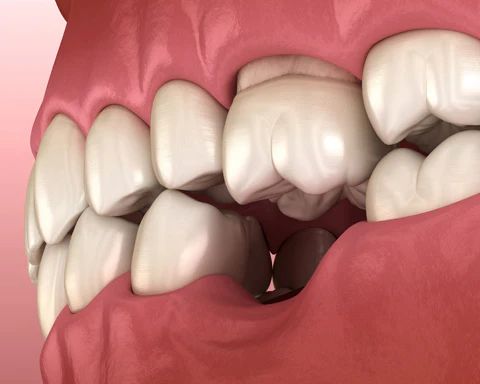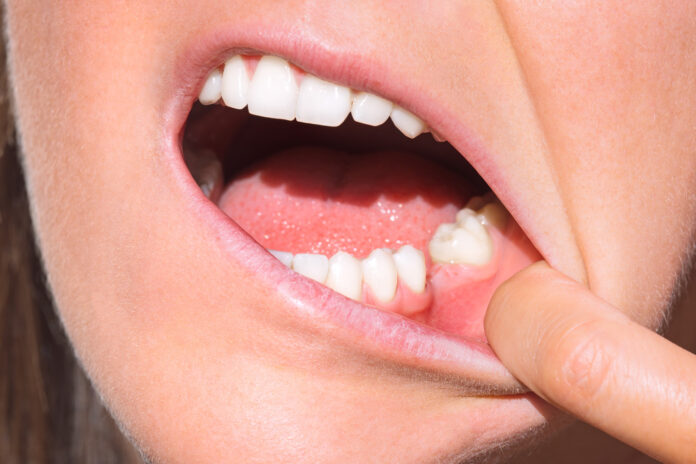Oral health is a crucial aspect of overall well-being, and any abnormalities in the mouth can be a cause for concern. One perplexing issue that individuals may encounter is the presence of hole in gums. While this phenomenon is not as common as other dental problems, understanding its causes is essential for proper diagnosis and treatment.
Read more about Emergency Dentist
Contents
Possible Causes of Hole in Gums
Gingivitis and Periodontitis
The most common cause of holes in gums is often related to gum diseases, such as gingivitis and periodontitis. These conditions are characterized by inflammation and infection of the gums, leading to the breakdown of tissue. As the disease progresses, it can create pockets or holes in the gums.

Dental Abscess
A dental abscess is a collection of pus that can form in various parts of the tooth or gums. When left untreated, it can erode the surrounding tissues, causing holes or pits in the gums. Dental abscesses are typically accompanied by pain, swelling, and redness.
Trauma or Injury
Physical trauma or injury to the mouth can result in damage to the gums. Accidents, falls, or direct blows to the face may cause localized injuries that manifest as holes or depressions in the gum tissue. In some cases, trauma may lead to the formation of cysts or scars.
Cysts and Tumors
Cysts and tumors can develop in the oral cavity, affecting the gums. These abnormal growths may create voids or holes in the gum tissue. Although less common, they can have serious implications for oral health and may require surgical intervention for removal.
Poor Oral Hygiene
Inadequate oral hygiene practices can contribute to the development of gum diseases and cavities. When plaque and bacteria accumulate along the gumline, it can lead to the degradation of the gums, resulting in the formation of holes. Regular brushing, flossing, and professional dental cleanings can help prevent these issues.
Systemic Conditions
Certain systemic conditions, such as diabetes or autoimmune disorders, can impact oral health. These conditions may compromise the body’s ability to fight infections and maintain healthy gums, potentially leading to the formation of holes in the gum tissue.
Genetic Factors
Some individuals may be predisposed to certain dental conditions due to genetic factors. Genetic predispositions can influence the structure and resilience of gum tissue, making some people more susceptible to developing holes or other oral health issues.
Conclusion
The presence of hole in gums can be indicative of various underlying issues, ranging from common dental problems to more serious systemic conditions. If you notice any abnormalities in your gums, it is crucial to consult with a dental professional promptly. Early detection and intervention can help address the root cause of the problem and prevent further complications, ensuring a healthier and more resilient oral environment. Remember that maintaining good oral hygiene practices and seeking regular dental check-ups are essential components of preventive oral care.



